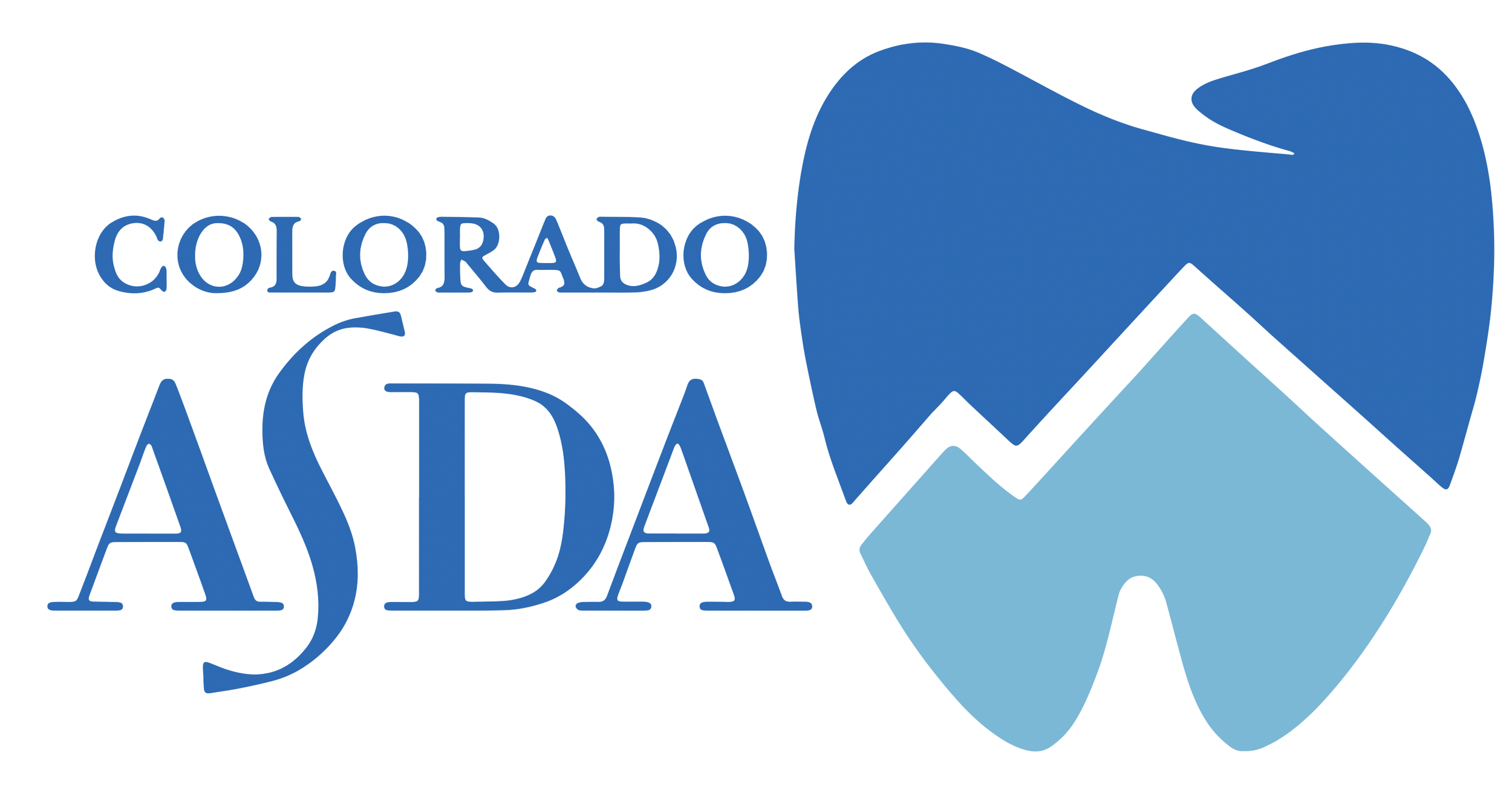From Dental Hygienist to Dentist: Katie Thorne
My path to dental school has definitely been the one “less traveled”. Originally graduating with a degree in Hotel, Restaurant, and Institutional management, I never imagined ending up in dental school. After several unfulfilling jobs, my family dentist recommended I pursue dental hygiene. Knowing very little other than what I experienced at his office, it turns out to be one of the best decisions I have ever made.
After graduation, I found employment at two offices, a multi-dentist private practice and a smaller single-dentist practice. I enjoyed getting to see the improvements in my patient’s oral health, especially after going through the process of scaling and root planing. After a year of this hectic schedule, I found a full-time position at a National Health Service Corps (NHSC) site. I spent five years caring for a rural, underserved population close to my hometown. During this time, I realized that despite programs such as the NHSC, many underserved areas still struggle to find and KEEP providers. The turnover of dentists was an ongoing problem. I was also shocked by the overwhelming need for care in the community. As I worked with our team to care for our patients, I wished I was capable of doing more for the patients. Their periodontal health is crucial, but I also wanted to be able to treat their restorative needs.
These circumstances convinced me to seriously pursue further education in dentistry. Although I had learned about midlevel providers in dental hygiene school, neither state in which I worked legally allowed midlevel providers. So the long road to dental school began. Fortunately the NHSC payed off my student loans, giving me the financial freedom to take my prerequisite classes for dental school. Furthermore, my office manager was flexible with my schedule so that I could take my prerequisites without having to quit my job which would have been a significant, if not insurmountable, hurdle. It took me several years to finish my prerequisites and then take the DAT as I took one class at a time while working.
This experience has given me a deeper understanding of the barriers to higher education that exist for so many. Even though I was employed and had no student loans, paying for my prerequisites, DAT prep, and application and interview costs was still difficult. Having the financial means to pay for a prep course made a huge difference in my DAT score. This is not an advantage everyone has. Furthermore, I had the financial ability to apply to more schools and attend as many interviews as were offered to me. As many undergraduate programs are making the SAT optional, I believe we as a profession need to innovate as well in order to make this career path more accessible to those from lower socioeconomic statuses. Hopefully then the dental field will better reflect the overall community we serve.

